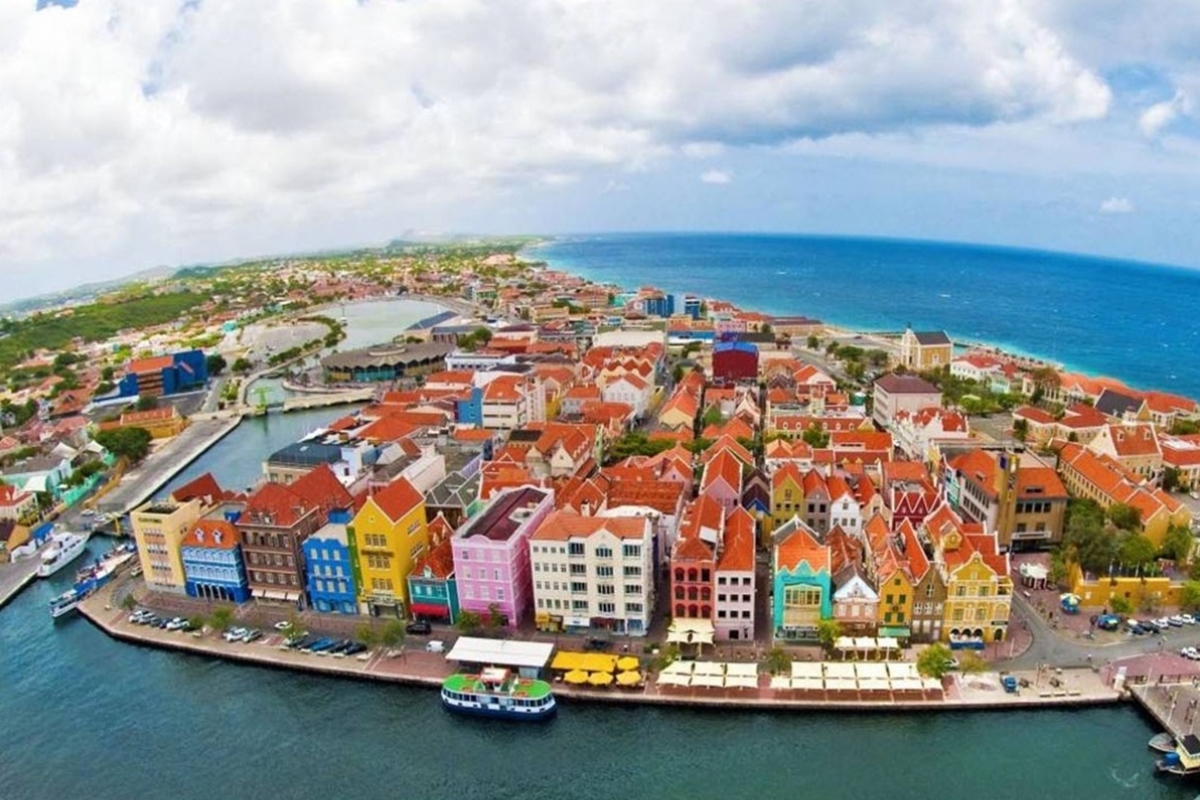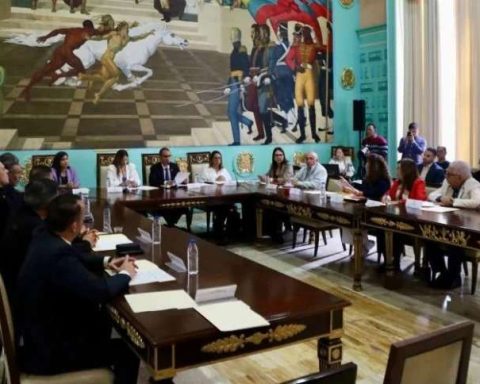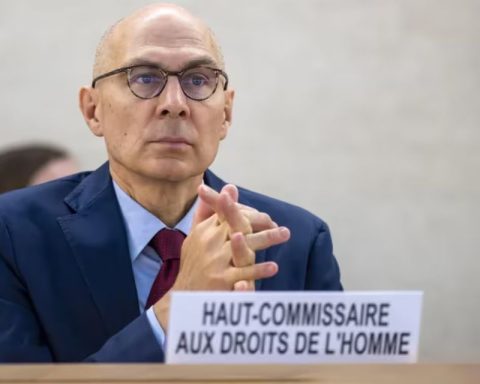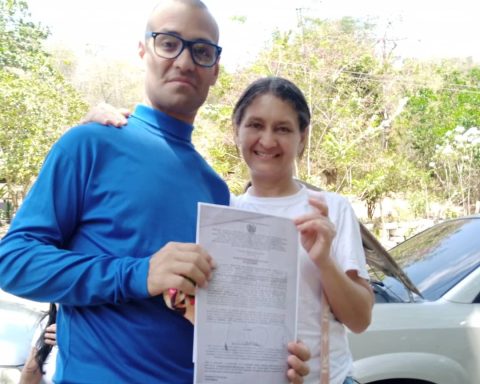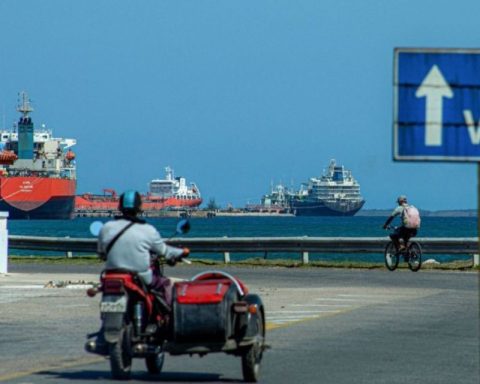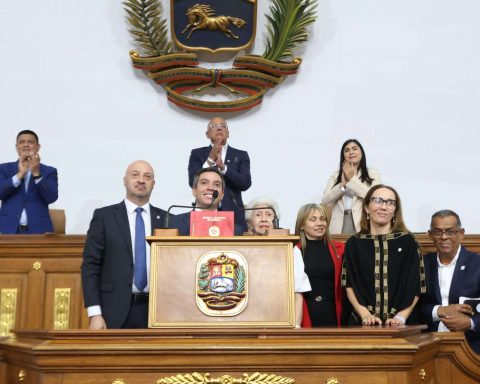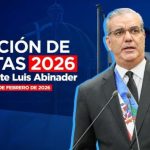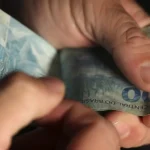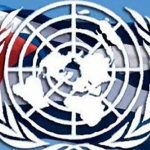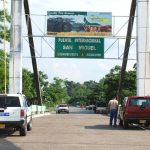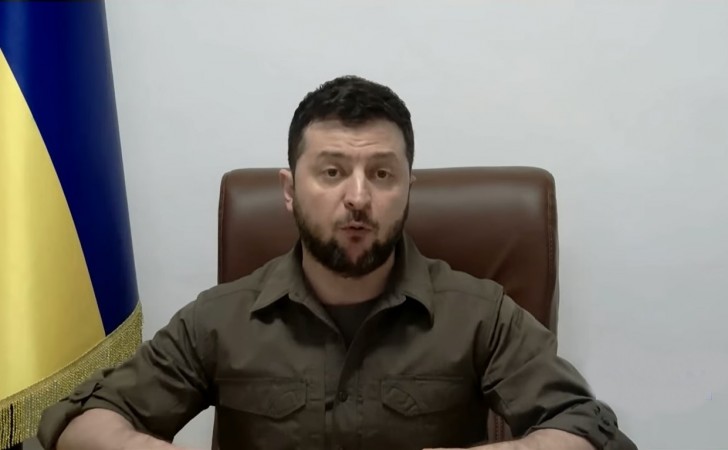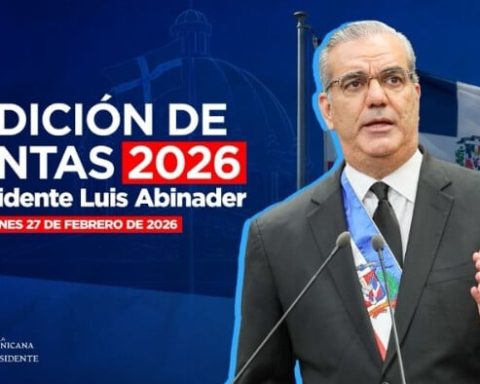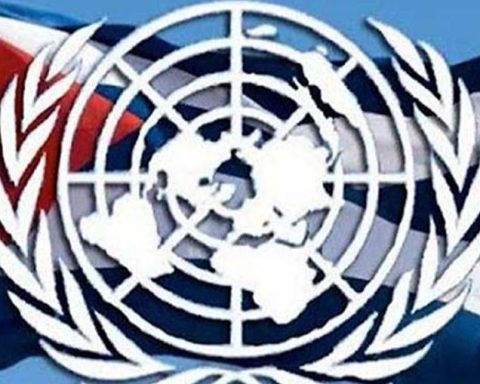The government of Nicolás Maduro ordered on February 19, 2019 the closure of air and sea communications between Venezuela and Aruba, Bonaire and Curaçao. The Integral Defense Operational Zone reported at that time that the blockade, still in force, is part of an operation to protection of the country’s sovereignty against possible unauthorized incursions.
It was also reported that the measure would an indefinite duration and until law enforcement agencies in the coastal and bordering regions receive new guidelines from the Venezuelan authorities. The Venezuelan authorities assured that there was no cause for alarm due to the measure and that they were only guarding the Venezuelan borders.
It happened that a few days later, for February 23 of that same year, it was planned the entry of humanitarian aid to Venezuela, supported by Juan Guaidó, whom dozens of countries recognized as interim president of Venezuela for considering that Maduro is usurping the position in Miraflores. The Maduro government thus prevented inputs that were stored in Willemstad, the capital of Curaçao, and that had arrived on the island from Miami, United States, from entering through the port of La Guaira, Vargas state.
Relationships in orange light?
The authorities of the Caribbean islands Aruba and Curaçao negotiate with the Venezuelan government the reopening of the maritime border, as announced at the end of June by the Aruban Prime Minister Evelyn Wever-Croes.
“Several meetings have been held to discuss the possibilities of expanding the boundaries, reopening and restoring business relationships and travel opportunities. Currently, advance the reopening of the maritime border with Venezuela,” said the official, according to what was reported by Caribbean Chronicles.
Gradual recovery of trade
Wever-Croes also confirmed that Curaçao is participating in the negotiations. And he added that the focus of the talks process is primarily the gradual recovery of maritime trade and that the reactivation of the crossing would facilitate the expulsion and repatriation processes of Venezuelan migrants who have entered the island illegally.
Dozens of Venezuelans fleeing the legacy of Hugo Chávez have risked their lives on unsuitable boats that depart from areas of Falcón state for Aruba, where they hope to get better job opportunities and thus help their relatives who are still in the country. Many citizens are even missing or have died because the boats they were traveling in capsized.
Amnesty International and other human rights organizations have denounced that the authorities of Curaçao and the Netherlands violate the rights of Venezuelans arriving on the island. People are subjected to arbitrary detention and in inhumane conditions, mistreatment, family separation and denial of their right to seek asylum. Deportations to their country of origin have also been reported, although people may suffer the relentless persecution of the Venezuelan authorities.
End of air restrictions?
On Thursday, July 21, information circulated on social networks that Aruba had finally eliminated air restrictions with Venezuela after aeronautical lawyer Rodolfo Ruiz had posted on Twitter that the island had removed an official notice that restricted flights from the governed country. by Maduro. And he pointed out that the elimination did not necessarily imply the full reopening of borders.
The publication generated confusion and speculation. So much so that the Aruban government had to publish a denial. “Information is circulating about the lifting of the flight restriction between Aruba and Venezuela. This is not correct. Please do not contact your travel agent”communicated the Embassy of the Netherlands in Venezuela through its Twitter account.
Ruiz later explained that the information was published on the page of the Federal Aviation Administration of the United States Department of Transportation, where the official notice was not observed, adding that the Aruban government published a new one in which announces the extension of the restriction for three months. In other words, the restrictions with Venezuela will remain until the end of October.
“I never said that the restrictions had been lifted between and Aruba and Venezuela, as some digital newspapers reviewed (or at least, those were not my words). But, in any case, I humbly and responsibly apologize for any confusion generated, “said the lawyer.
Minutes ago, however, at exactly 2:18pm (18:18Z) and after the commotion caused by the information in RRSS, I noticed that the Aruban government published a new NOTAM through which it extended the restriction for 3 more months from today, as shown in the picture. pic.twitter.com/tSuPkUWF47
– Rodolfo Ruiz A. (@RodolfoRuizA) July 21, 2022
The Aruban government has justified in its announcements that the closure of the borders with Venezuela is mainly due to the restrictions established by the coronavirus pandemic and to maintain control of crime on the island.
